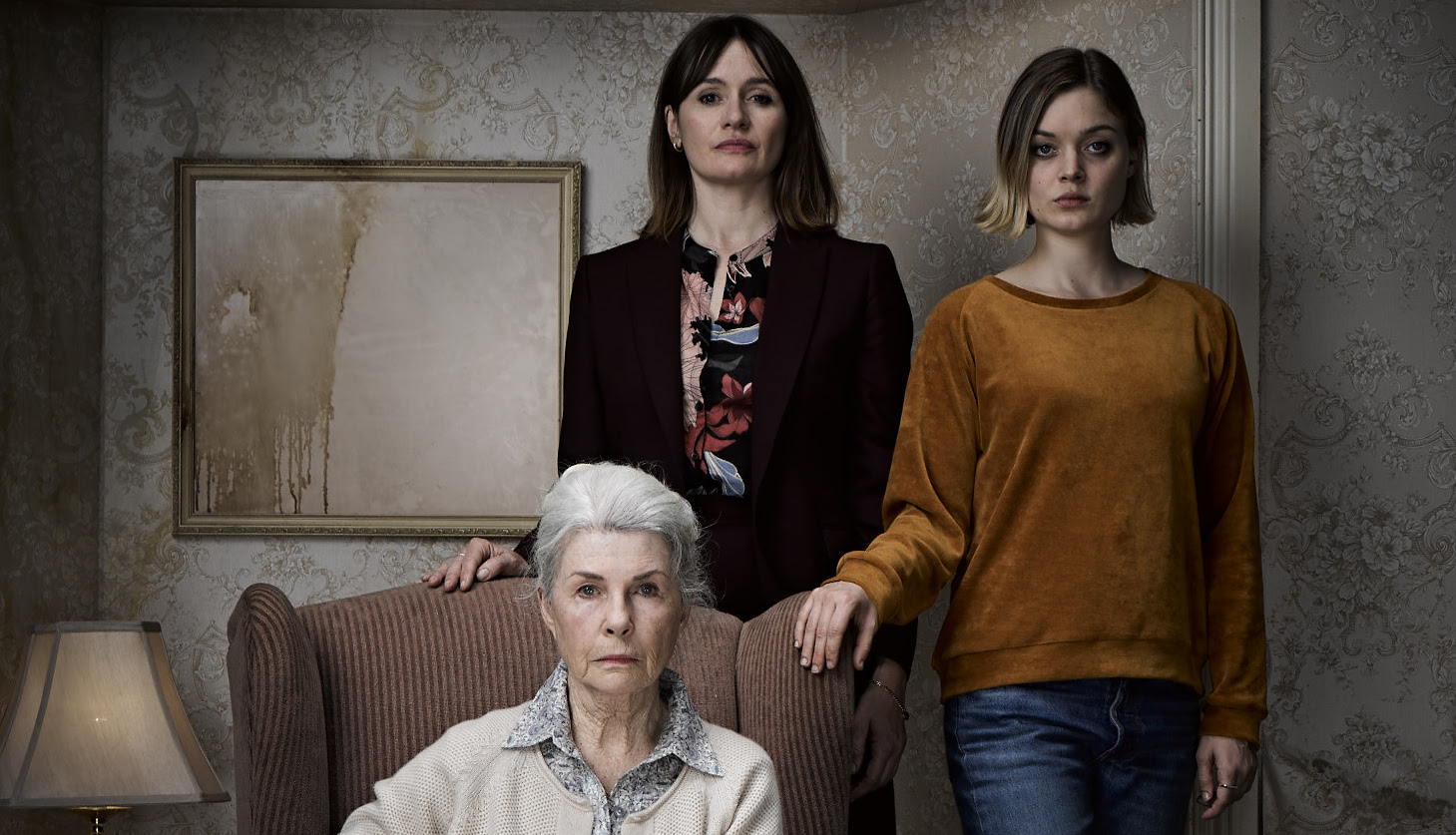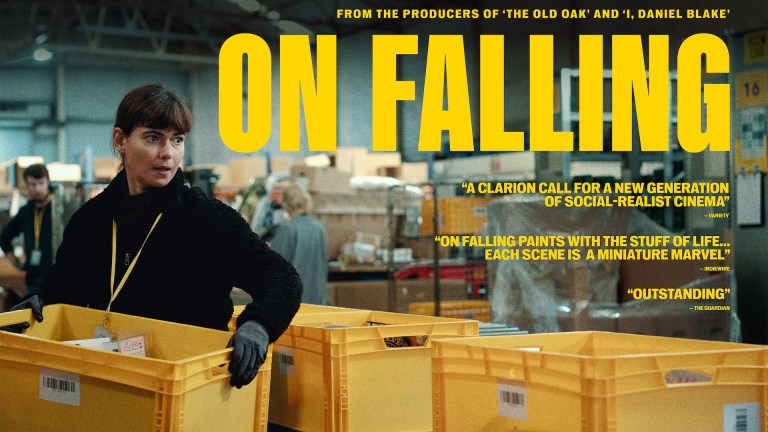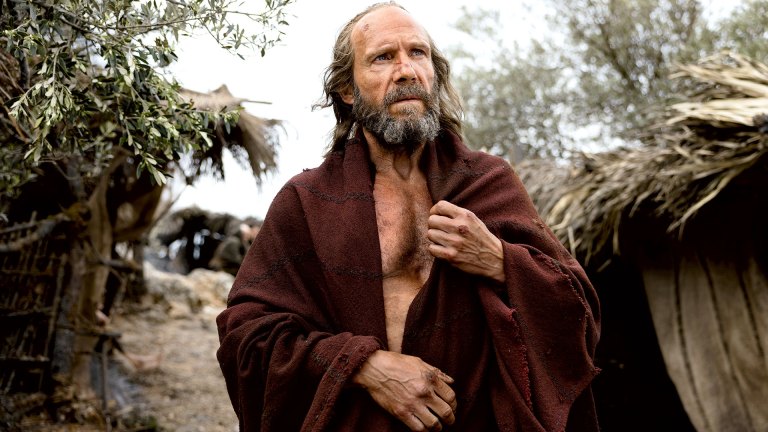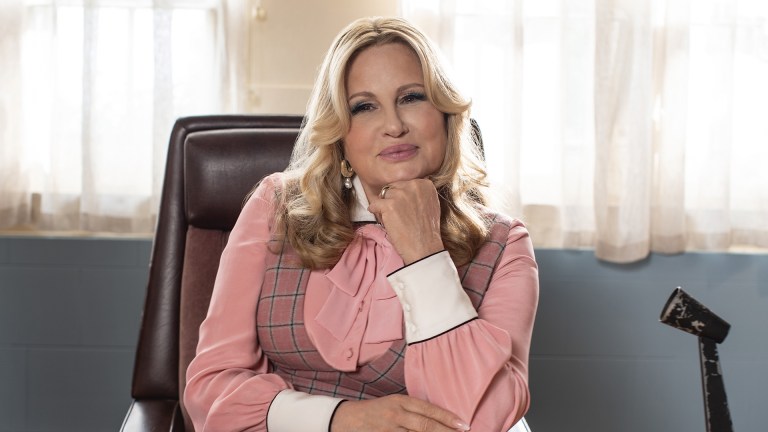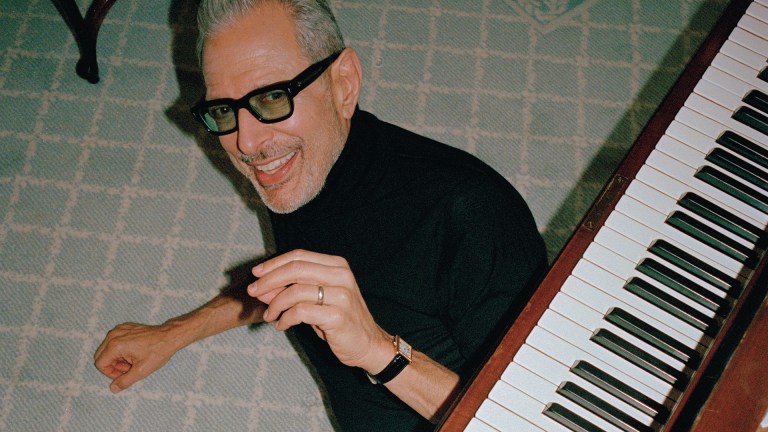I was a rather fearful child. Spending my childhood summers in Japan, I remember with fondness the days were filled with lazy heat, the buzz of cicadas, cycling the precarious edges of rice fields with my cousins, the thick slices of watermelon handed out by my grandmother. But at night, there was something about the old and sprawling house that filled me with dread. I imagined a sinister presence in the unused rooms upstairs, lurking amidst a labyrinth of hoarded junk and family heirlooms. Every midnight venture to the bathroom was carried out with a pounding heart and bare feet sticky and swift against floorboards. For that fearful child to have grown up to direct a horror film is a surprise even to myself.
More than a decade later, when I started writing the screenplay for Relic at my grandmother’s house, the same feeling of dread was there to greet me. But this time it was rooted in something very real, in the slow decline of my grandmother’s mental state as her Alzheimer’s worsened. It had reached a point where she couldn’t remember who I was, and suddenly there was an alien, naked feeling of eyes that had only ever looked at me with love looking at me like a stranger.
People often recoil from horror movies because of the notion that there’s already enough horror in our world. And certainly this year has seen no shortage of cause for fear and uncertainty. But I believe horror can have cathartic, restorative effects. The genre can take us to dark places and help us process the horrors of real life.
One of the biggest challenges of writing Relic was trying to look at something like dementia – and by extension ageing and death – as a character. Horror conventions dictate that vampires want blood, demons want souls, and ghosts usually have unfinished business. But what does death want? My co-writer and I had to imagine the menace in the film as an elemental force that seeks only to destroy and deteriorate everything in sight. It couldn’t be contained within an established mythology, so we had to venture deep into what we knew about the experience of Alzheimer’s, and what best conveyed the emotional truth of that feeling.
I’ve been floored and incredibly touched by the amount of people who have reached out after seeing Relic to share their own stories. Some people express that watching the film made them feel ‘seen’ in their experience. To me it drives home the idea of how much suffering can be amplified within the solitary confines of our minds, and how it can diminish with understanding and compassion from others.
